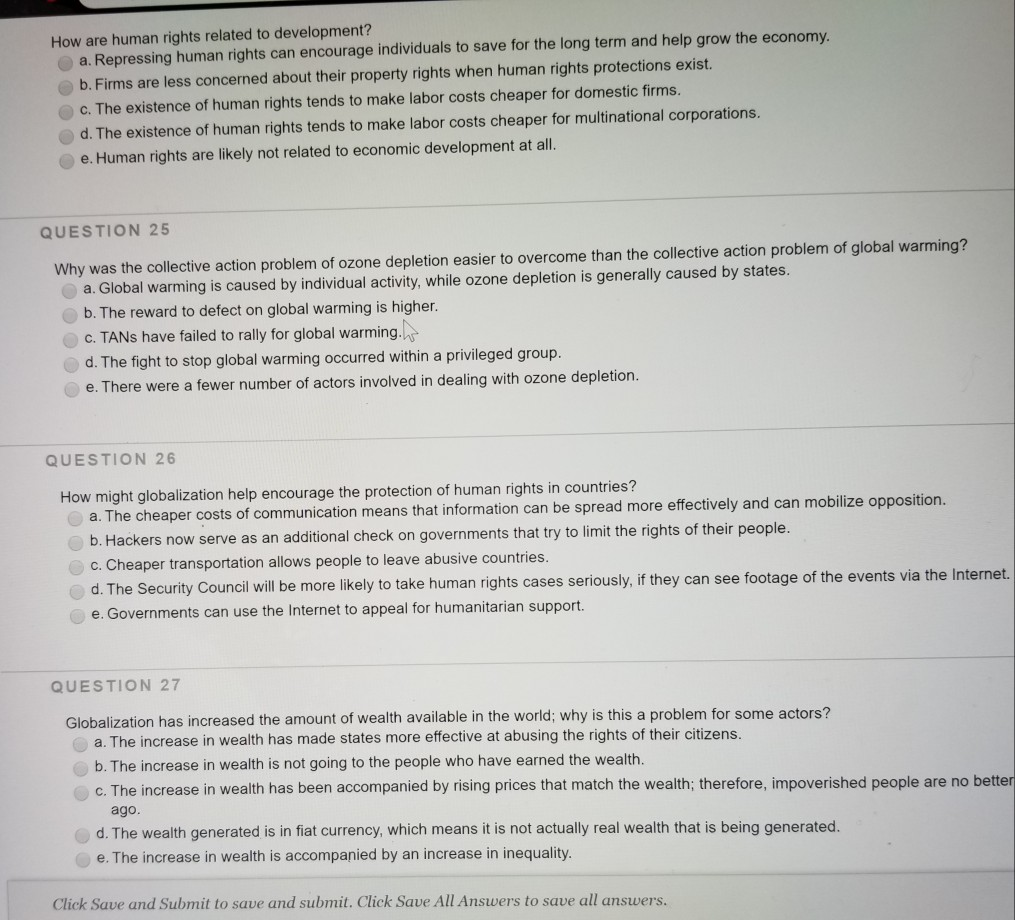Q3. It is argued that democratic countries pursue peaceful foreign policies. Support your answer with concrete examples. 2022

It is indeed argued that democratic countries tend to pursue peaceful foreign policies. While it is important to note that there are exceptions and variations among democratic countries, several factors contribute to the perception that democracies lean towards peaceful foreign policies. Here are some concrete examples that support this argument:
- Institutional Checks and Balances: Democracies often have robust systems of checks and balances, with separate branches of government that act as a restraint on the executive’s power. This system promotes transparency, accountability, and public scrutiny in foreign policy decision-making. The involvement of multiple stakeholders and the requirement for democratic leaders to justify their actions to the public and the legislature help mitigate the risks of hasty or aggressive foreign policy decisions.
- Peaceful Conflict Resolution: Democratic countries tend to prioritize peaceful conflict resolution mechanisms, such as negotiations, diplomacy, and international institutions. They are more likely to engage in dialogue, mediation, and compromise to resolve disputes rather than resorting to military force. For example, many democratic countries actively support and participate in diplomatic initiatives, such as peace negotiations and conflict mediation efforts, around the world.
- Respect for Human Rights and Rule of Law: Democratic countries generally prioritize the protection of human rights and the rule of law, both domestically and internationally. These values influence their foreign policies, as they tend to advocate for human rights, democracy promotion, and the advancement of international legal frameworks. Democratic countries often support international institutions, like the United Nations, that promote human rights, peacekeeping, and humanitarian interventions.
- Cooperative International Relations: Democracies tend to engage in cooperative international relations and seek alliances and partnerships based on shared values and common interests. By building alliances, democracies create networks of cooperation that can deter aggression and enhance stability. For example, NATO (North Atlantic Treaty Organization) is an alliance of democratic countries that promotes collective defense and has contributed to peace and stability in Europe since its establishment.
- Democratic Peace Theory: The democratic peace theory posits that democratic countries are less likely to go to war with one another. Empirical studies have shown a correlation between democracy and a lower incidence of inter-state conflict. While the theory has its critics and exceptions, it suggests that democratic systems provide mechanisms for resolving conflicts and managing differences through peaceful means.
It is important to acknowledge that no foreign policy approach is entirely free from conflict or aggressive actions, and there are instances where democratic countries have engaged in military interventions or pursued policies that some may consider aggressive. Nevertheless, the overall trend and the values embedded within democratic systems support the notion that democratic countries tend to prioritize peaceful foreign policies and seek non-violent means to address international challenges and disputes.